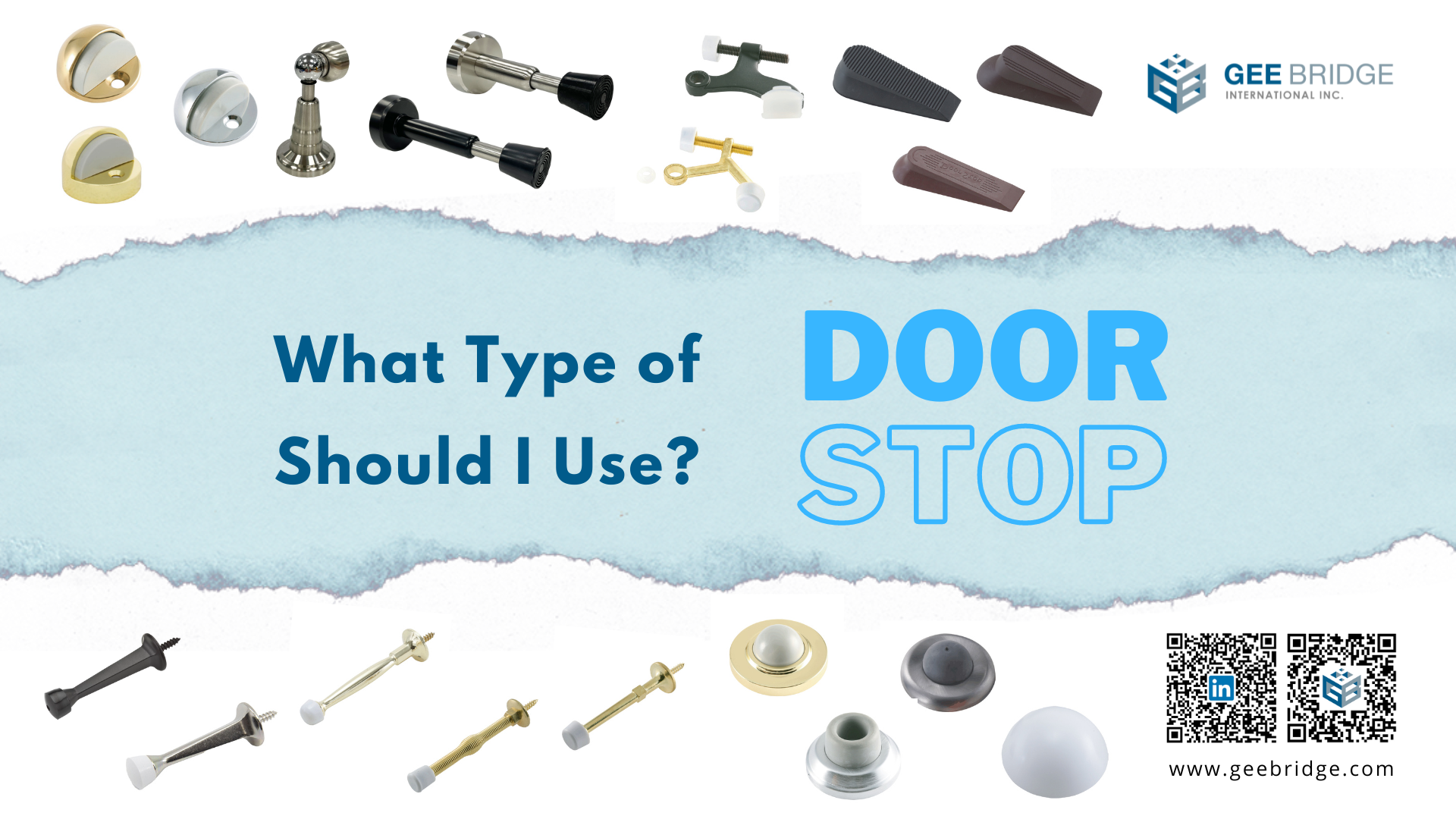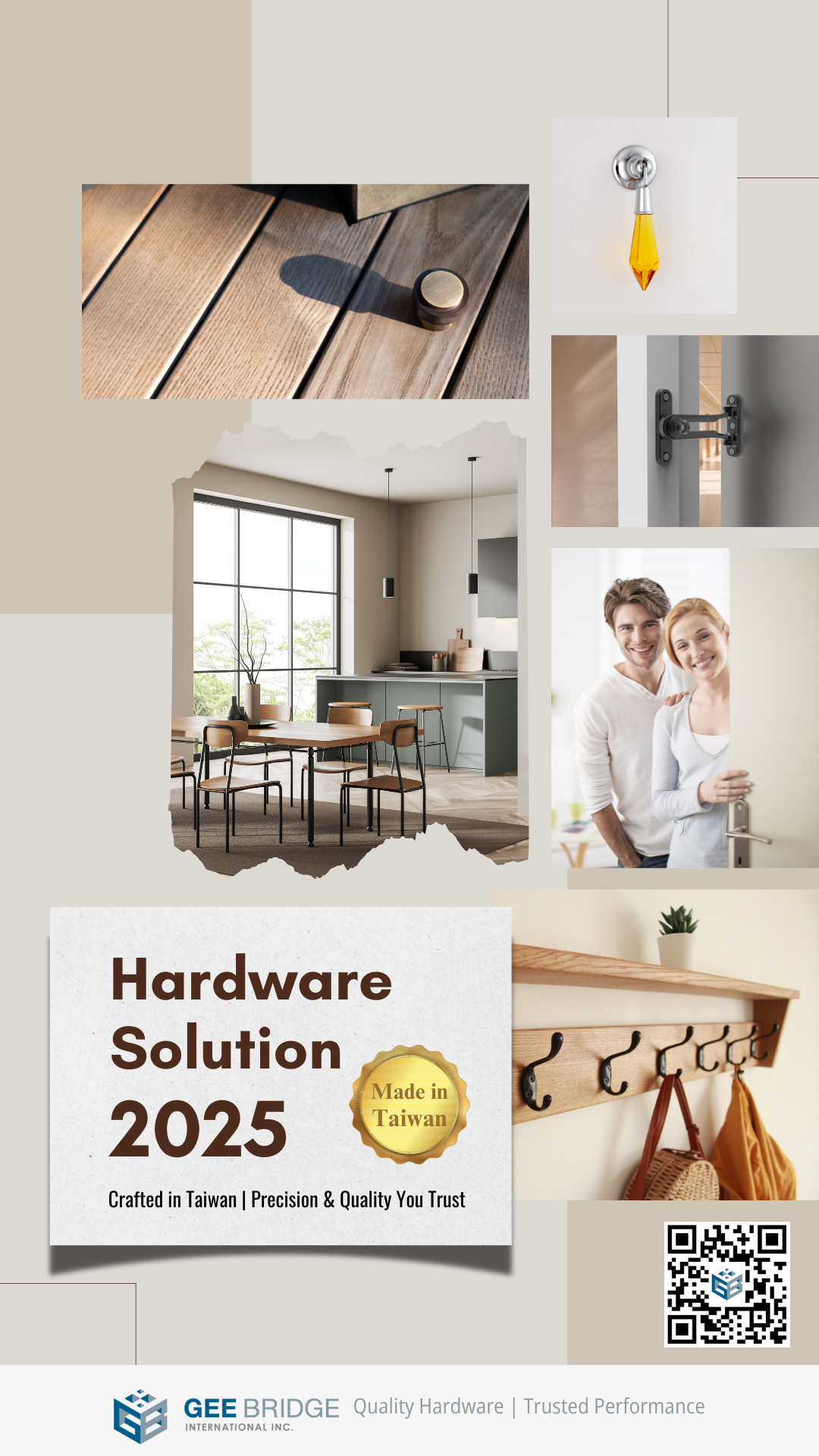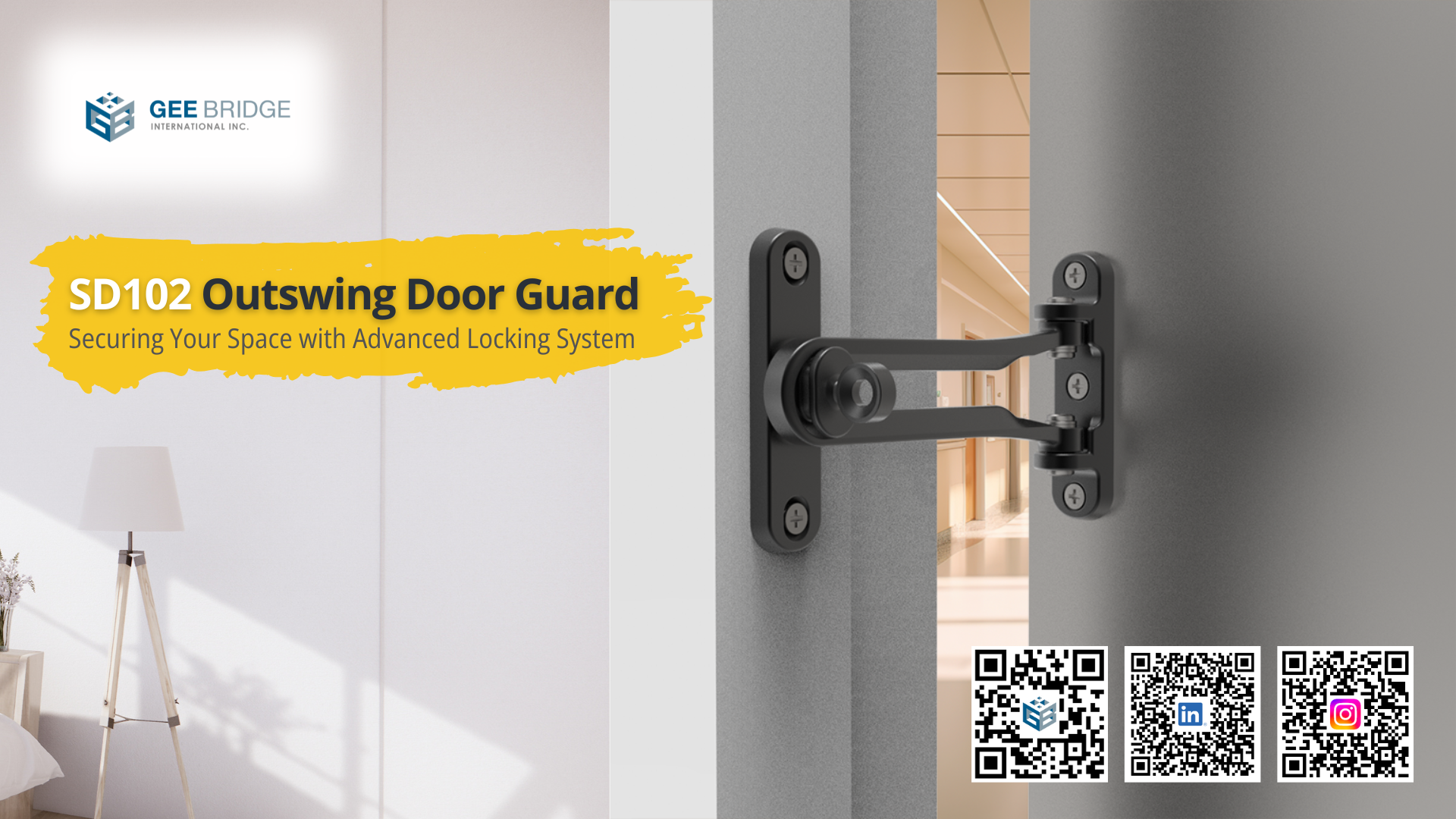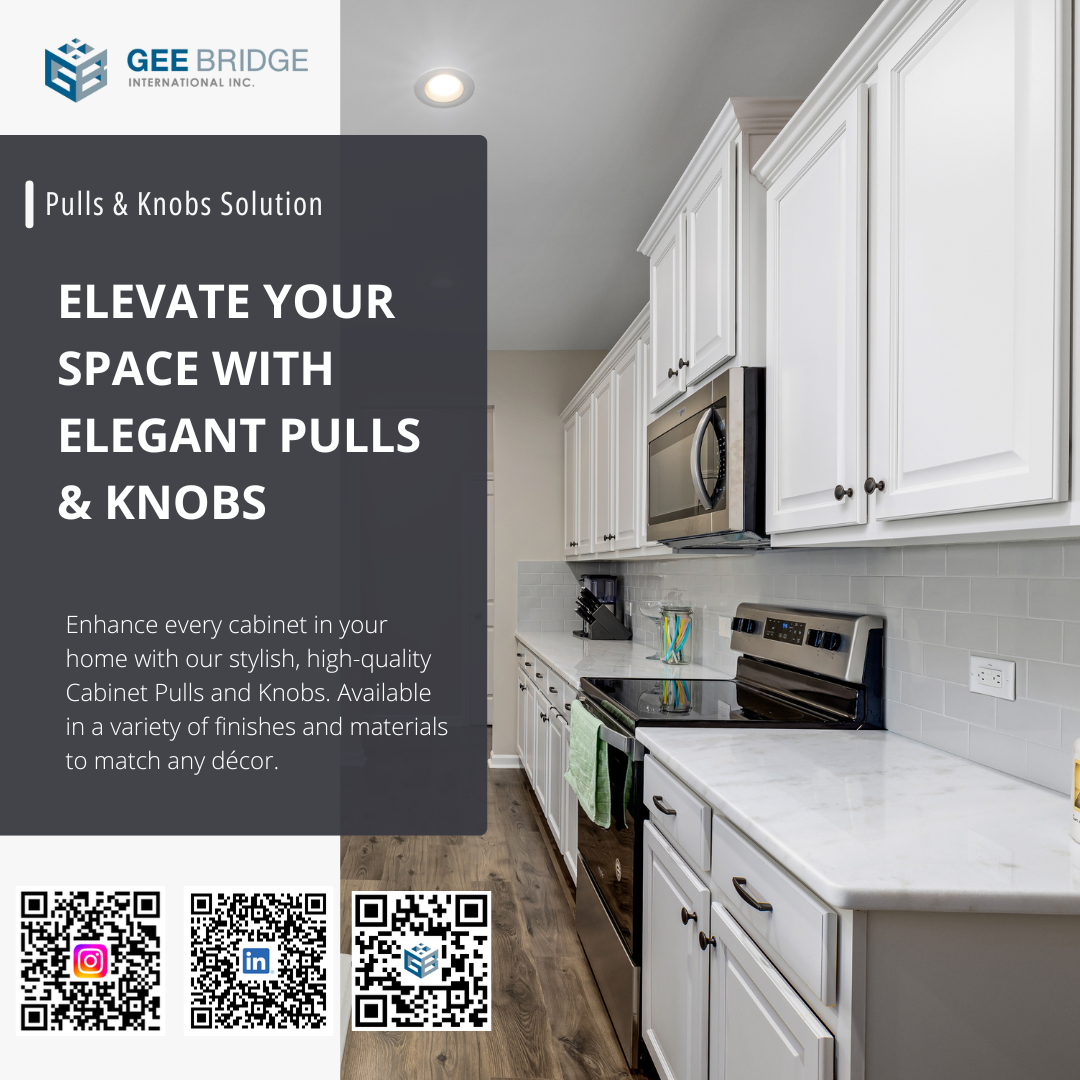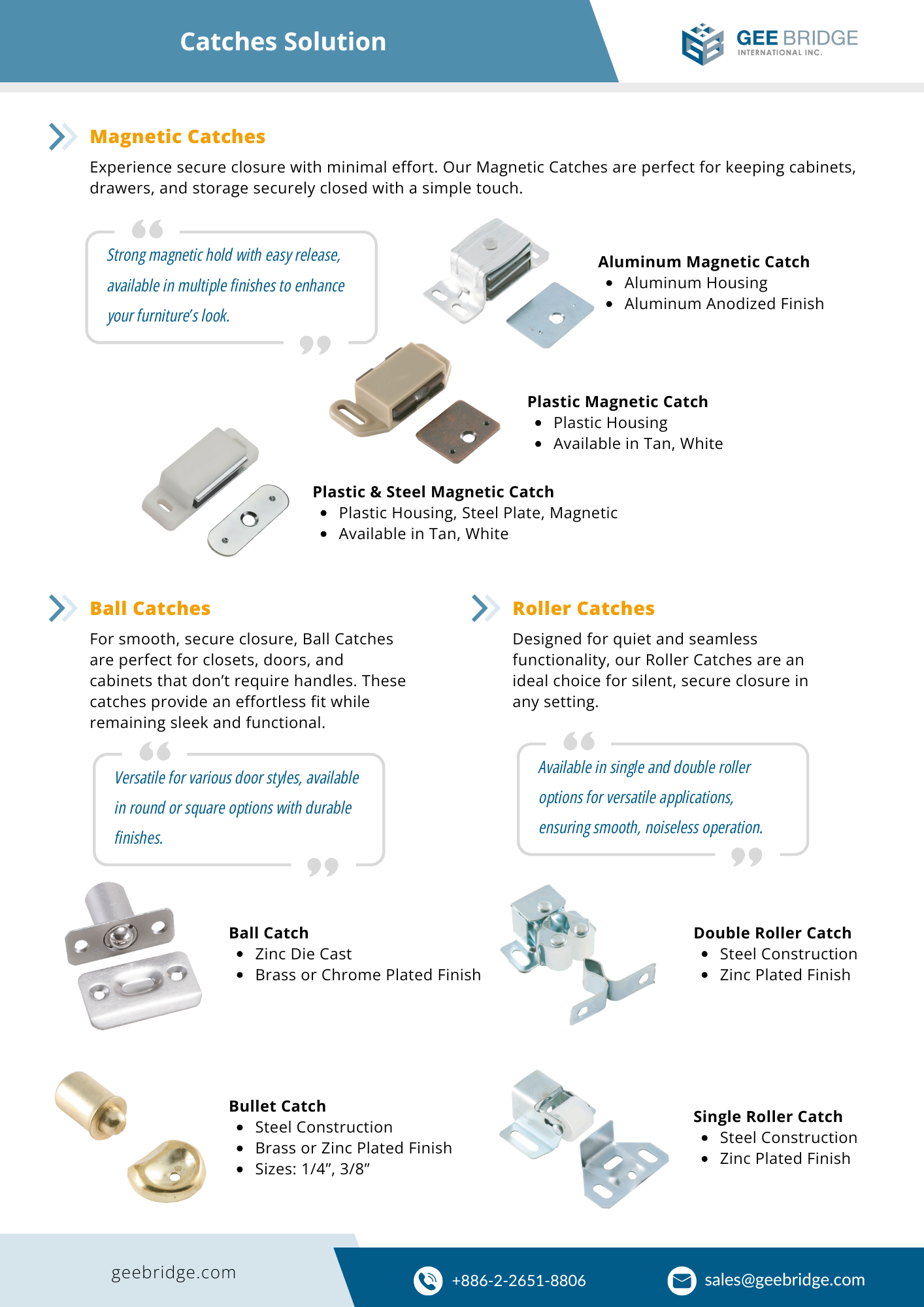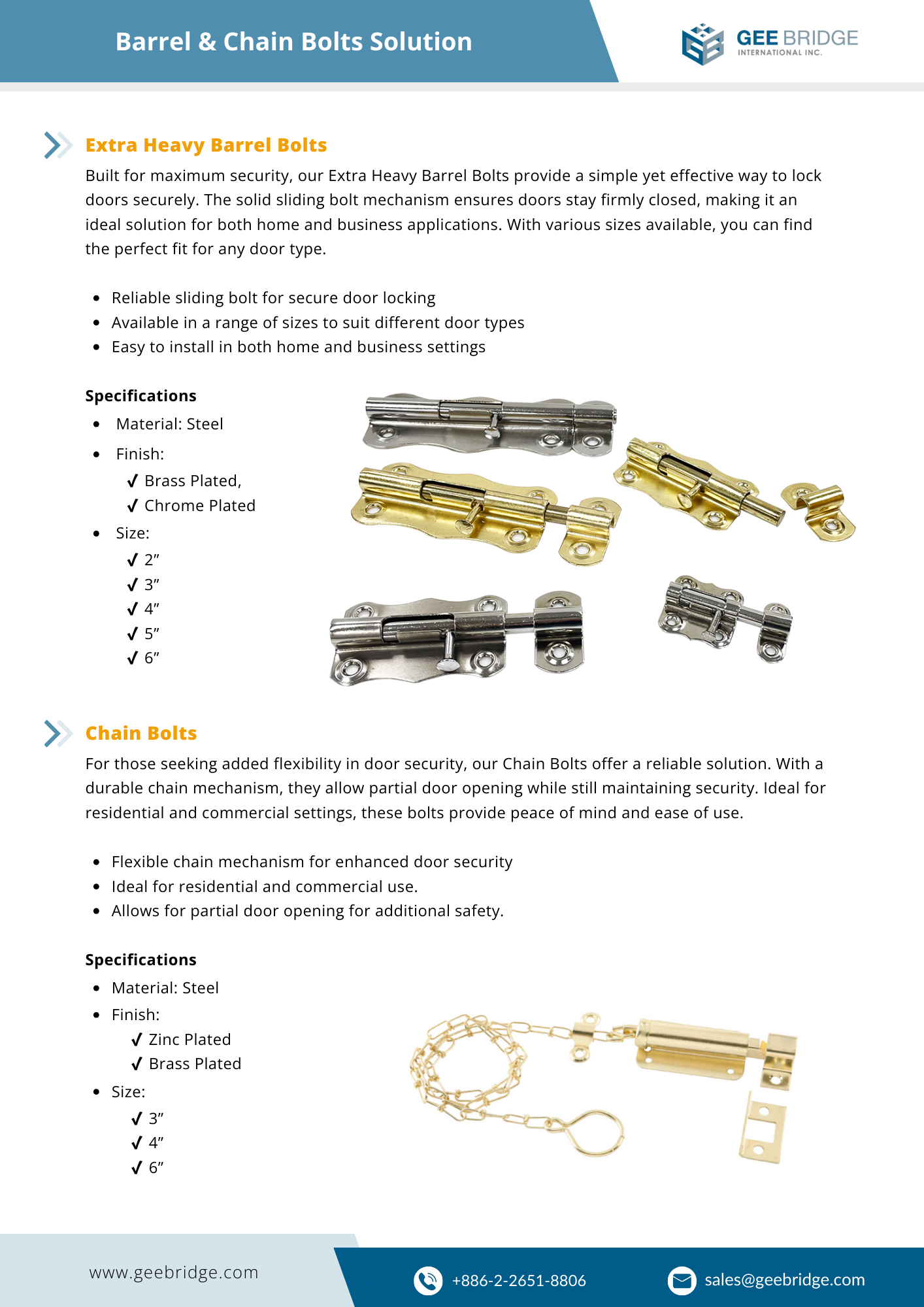⭐ What Type of Door Stop Should I Use? ⭐
Choosing the right door stop for your home, office, or personal space can greatly enhance safety, functionality, and aesthetics. With various types available, it’s important to select one that suits your needs and installation location. Here’s a comprehensive guide to help you make an informed decision.
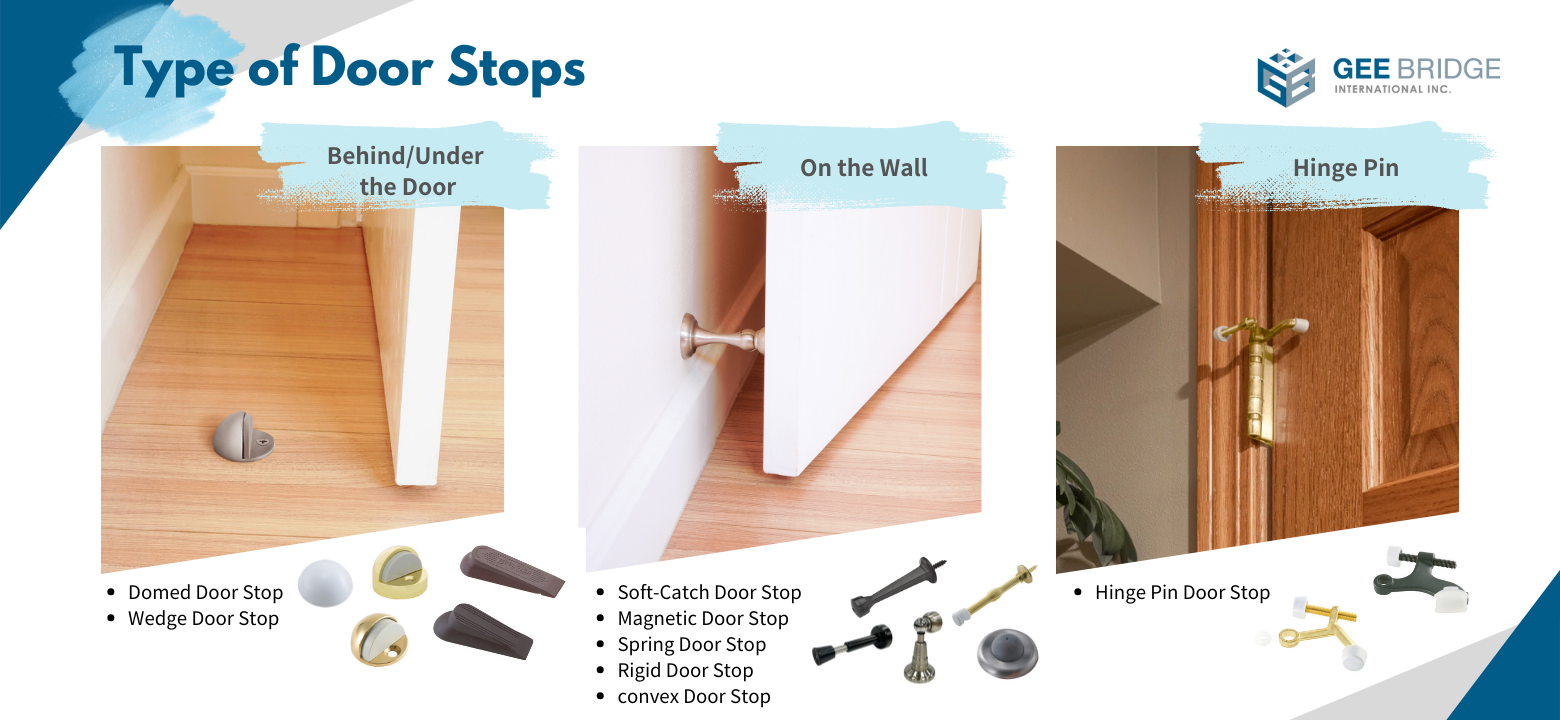
✔ Soft-Catch Door Stop
📌 Features:
- Designed to gently halt the door, preventing damage to the door and walls.
- Often includes a hydraulic or spring mechanism that absorbs the impact.
- Ideal for hollow doors to avoid damage when doors are slammed.
☑︎ Best For:
- High-traffic areas like hallways or living rooms.
- Households with children or pets.
✔ Magnetic Door Stop
📌 Features:
- Uses a magnet to hold the door open.
- Consists of two parts: one attached to the door and the other to the wall or floor.
☑︎ Best For:
- Rooms where you often need the door to stay open (e.g., kitchens, bathrooms, offices).
- Exterior doors that you want to keep open for ventilation.
✔ Wedge Door Stop
📌 Features:
- Simple, portable devices placed under the door to keep it open.
- Typically made of rubber or plastic.
☑︎ Best For:
- Temporary situations or rooms where you don’t want to install permanent hardware.
- Holding doors open during cleaning or moving furniture.
✔ Rigid Door Stop
📌 Features:
- Fixed stops that can be mounted to the wall, floor, or door itself.
- Usually made of metal or hard plastic.
☑︎ Best For:
- Areas needing a robust and permanent solution.
- Preventing doors from hitting walls, particularly in bedrooms and bathrooms.
✔ Spring Door Stop
📌 Features:
- Flexible spring with a rubber tip that bends upon impact.
- Reduces the force exerted on the door and wall.
☑︎ Best For:
- Bedrooms and living areas.
- Adding a classic touch to your interior design while preventing damage.
✔ Domed Door Stop
📌 Features:
- Low-profile stops that mount to the floor with a rounded, dome shape.
☑︎ Best For:
- Commercial spaces or high-traffic areas.
- Preventing door damage without being visually obtrusive.
✔ Convex Door Stop
📌 Features:
- Similar to domed stops but with a convex shape that reduces tripping hazards.
☑︎ Best For:
- Hallways and areas needing a subtle, yet effective, door stopping solution.
- Safe for both residential and commercial use.
✔ Hinge Pin Door Stop
📌 Features:
- Mounted directly onto the door hinge to stop the door at a specific angle.
☑︎ Best For:
- Doors where you want to limit the opening range, such as in bathrooms or closets.
- Discreet installation without damaging walls or baseboards.
Conclusion
When choosing a door stop, consider the specific needs of each room and the type of door you have:
- Soft-catch and Magnetic Door Stops: Great for frequently used doors.
- Wedge Stops: Offer temporary solutions.
- Rigid and Spring Stops: Provide durable protection.
- Domed and Convex Stops: Offer low-profile options.
- Hinge Pin Door Stops: Excellent for precise control over door opening angles.
By selecting the right door stop, you can enhance both the safety and aesthetics of your space. ? Gee Bridge’s Door Stops ?


